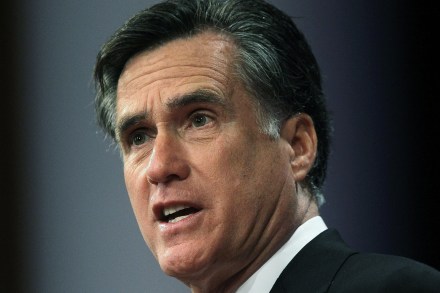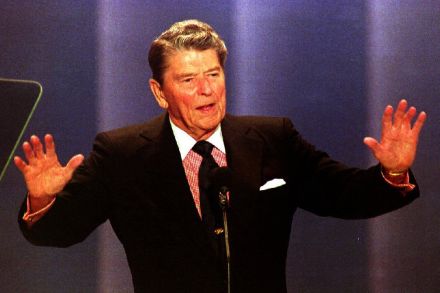Whither North Korea after Kim Jong-il’s death?
The photographs and video footage show North Koreans weeping in their hundreds at the news of Kim Jong-il’s death. But the departed leader, immortalised by Team America as a song-prone loner, remained a mystery to both his people and outsiders alike. He came to power after his father, North Korea’s founder Kim il Sung, died in 1994. Reliable biographical information about him is scarce. He rarely appeared in public and his voice was seldom broadcast. What’s certain is that he spent lavishly on both luxuries and a nuclear programme, while millions of North Koreans starved. Kim Jong-il’s death comes at an awkward moment. North Korea had just agreed to











